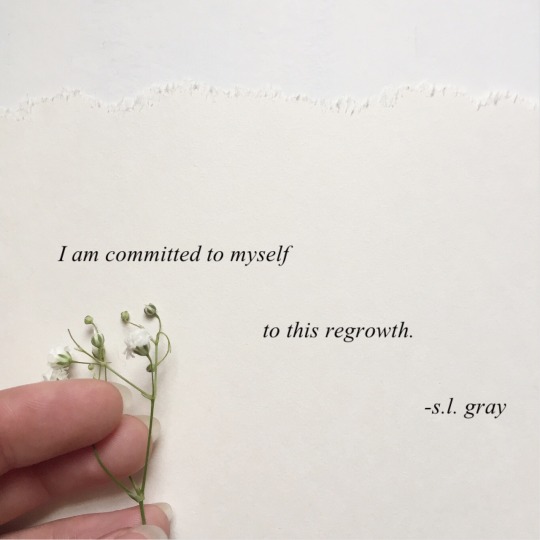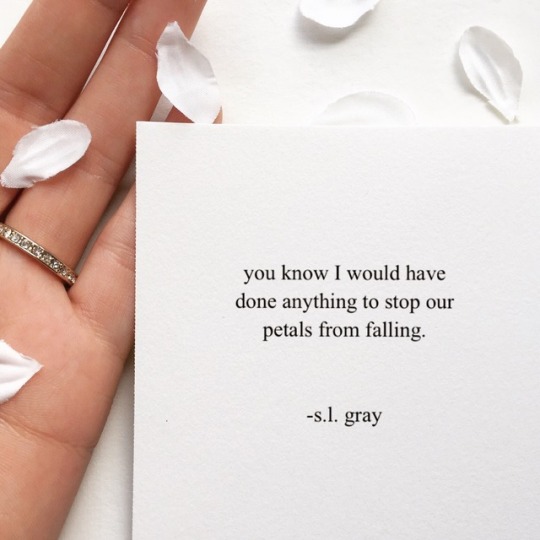#creativewriters

we share this light

committed

in time

I saved myself

I’m sorry

a home

the warmth will arrive again

There is no time limit to healing.
you take as much of it as you need.

Not a lover’s forever

It won’t always suffocate you

we flourish

You know I would have

Self-love always shows up

Are you still you?
.
My book Skin, Bones, and Too Much Love is available to purchase on amazon!

Optimism

All we want

The ways that I could

we part ways
The Mind of Terror

At the recent Rural Health Conference in Port Edward, RuDASA (Rural Doctors Association of South Africa) has placed Mentoring and Support for clinicians in Rural health care at the core of its strategic plan. Over the next three years we hope to use a combination of online resources and face to face mentoring projects, to help doctors not only survive but THRIVE in rural health settings.
And we are inviting partners and colleagues who are passionate about mentoring and teaching to link up with us.
Let us imagine for a moment, the newly qualified community service doctor at a district hospital in one of our beautiful, but remote rural areas. A hard year lies ahead with long hours, high pressure emergency care scenarios, complicated patients and very basic resources.
How do we help this doctor experience his or her com-serve year as a calling, and not just a post out in the bundus that have to be survived?
How do we retain these young doctors in rural health facilities after their community service year is completed?
Dave Isay, Ted Talk award winner, describes three key aspects that are always present when inspired people talk about their calling.
Firstly, you need to be doing something you are good at. Secondly you need to you believe the work you are doing is making a difference and finally you need to feel appreciated and supported.
Let’s take these three aspects and look at the challenges of a com-serve doctor finding his or her calling in rural health. Imagine our com-serve officer, arriving at a small rural district hospital. Up till now he or she was used to being part of a huge team of consultants, registrars and maybe even some interns, and suddenly he is solely responsible for his own ward and has his own patient load. He may very well feel out of his depth and sometimes downright terrified.
There is enormous potential to make a difference. but the clinician has to feel empowerd to make that difference
And lastly, in a small rural facility doctors often feel themselves to be isolated and lonely. Most district hospitals only have a handful of doctors and everyone is busy and overstretched. There simply is not the capacity to provide the support always needed.
We want to use mentoring to help doctors gain in competence, to empower them to change things for the better and to increase resilience and reduce burnout by offering support and appreciation.
To achieve this our vision consists of two distinct aspects.
Firstly, to grow better doctors they need access to resources and support at the coal face of seeing patients. We have excellent guidelines, textbooks, algorithms, hotlines and WhatsApp groups in South Africa as well as many passionate and supportive mentors, but the young doctor may not know where to find it during a busy OPD session.
We are in the process of gathering together all of the key information a rural doctor may need into one online portal to makes it easy to find the most appropriate information for managing his or her patient.
For key work place scenarios in rural care the doctor can log into the RuDASA membership portal (membership free) and find links to the following:
Relevant and appropriate guidelines for that topic.
Relevant teaching video presentations.
Posters, algorithms and tools.
And most importantly, the contact details of a national or local expert that can provide assistance, be it via phone, WhatsApp, Vula etc. Right there on the spot.
The second part of our vision is creating opportunities for face to face contact with local experts, consultants, mentors or peers. Once a relationship is established between a rural doctor and an expert or mentor, they are much more likely to contact them.
In BCM and the Amathole district in EC, Dr Dave Stead and co from CMH are piloting a Discovery funded project called BAMSI, where a rural doctor will have the opportunity to do a one week structured in-reach at the Cecilia Makiwane Regional hospital. Learning is further augmented with onsite visits from district specialists and local consultants.
For new doctors arriving at the beginning of the year we are proposing an annual Community Service officer meet and greet. This workshop-based program would include practical sessions and also opportunities to meet socially. Local experts and mentors will be invited to pop in to meet the new doctors. Depending on local capacity this could take different shapes.
The gold version would be a five-day com-serve in-service week in January (perhaps funded by an NGO or RTC), but even just a one- or two-day in-service hosted at a local DOH facility is already very valuable.
In the Amathole District we are piloting a Rural Doc Weekend Retreat with a morning CPD session on Resilience in Rural and fun activities. This will be open to rural local doctors, including com serves, to build a support network and create personal linkages.
RuDASA is all about networking and the purpose of this plan is to link our doctors to each other, to experts and to resources.
We are inviting individuals, organizations and businesses who are passionate about supporting rural clinicians to partner with us and to help develop and support some of these initiatives. Rather than reinventing the wheel we want to learn from great stories already happening in rural South Africa.
Contact Dr Madeleine Muller, RuDASA ex-co (Mentoring portfolio) on [email protected] if mentoring is a passion for you or your organization and you want to link up, or if you would like more information.
